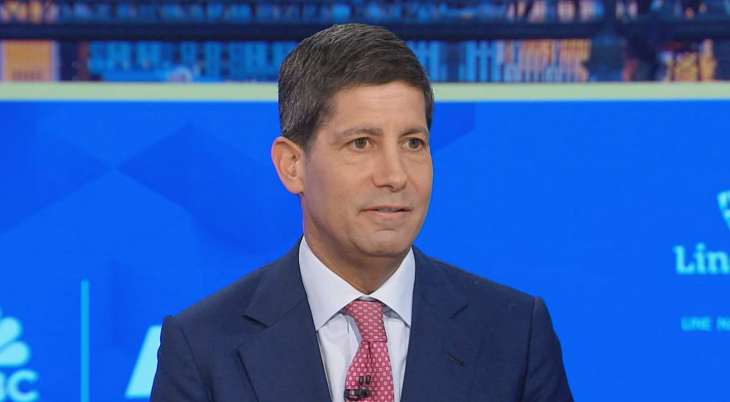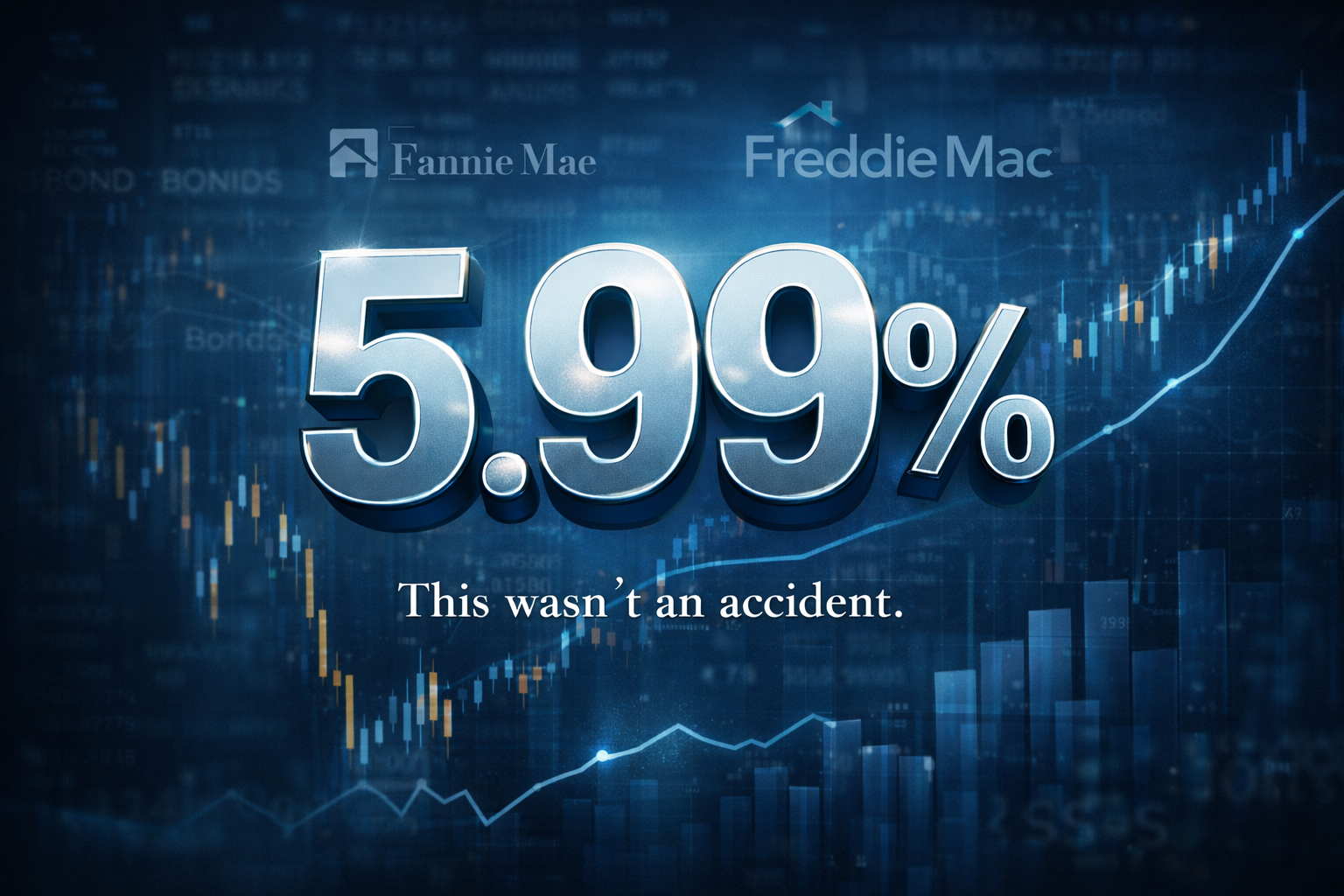
What a government shutdown means for mortgage rates — and how it impacts your market in 2025
When the U.S. government halts operations, the ripple effects go far beyond Washington, D.C. As of 12:01 a.m. Wednesday, a shutdown has paused many federal services and shaken financial markets. For someone exploring investing in Real Estate, especially in theluxury sector, this isn’t just another headline—it’s a reminder that timing and information are everything in real estate.
In this article, you’ll learn how the shutdown is influencing mortgage rates, what it means for buyers and investors, and the smart steps you can take to protect your goals and seize opportunities in Miami’s luxury housing market.
1. Why Mortgage Rates Are Fluctuating During the Shutdown
The Flight to Safety: Bond Yields and Rate Pressure
Whenever uncertainty rises, investors rush to safety—often into U.S. Treasury bonds. That demand pushes bond prices higher and yields lower. Because 30-year mortgage rates typically follow the 10-year Treasury yield, lower yields can temporarily ease upward rate pressure.
In early October, rates hovered near 6.3%, just slightly above their 11-month low. The modest rise reflects market caution—some investors anticipate rate cuts later this month, while others brace for volatility until economic data returns to normal reporting.
The Information Blackout
One major issue: the federal government is no longer publishing critical data, including the monthly jobs report and inflation numbers. The Federal Reserve, which relies on this data to guide rate policy, is now operating in the dark. That creates a guessing game for investors and could cause rates to swing more unpredictably in the weeks ahead.
Conflicting Signals in the Economy
Recent private-sector data, such as ADP’s jobs report, revealed a surprise decline of 32,000 private payrolls, signaling potential weakness. Yet broader economic indicators still suggest resilience. This contrast leaves markets jittery—and reinforces why now is a time for precision, not panic, in financial decisions.
2. Who Is Directly Affected (and Who Isn’t)
Conventional Mortgages Continue Smoothly
If you’re financing through a traditional or jumbo lender, you’re largely in the clear. Most conventional loans don’t rely on federal agencies, meaning approvals and closings will continue. However, minor verification steps—like IRS transcript requests—might face delays.
Government-Backed Loans Face More Disruption
Loans insured by FHA, VA, or USDA programs are more vulnerable. Staff furloughs and paused operations can create bottlenecks in approvals, leaving borrowers in limbo until Congress reaches a deal.
The Flood Insurance Pause
For buyers in flood-zone areas like South Florida, the biggest hurdle may be the temporary suspension of the National Flood Insurance Program (NFIP). Without NFIP authorization, new policies can’t be issued, leaving lenders unable to close deals that require flood coverage. The National Association of Realtors® estimates this could delay or disrupt about 1,400 transactions per day nationwide.
Markets with Federal Workforces
Cities such as Washington, D.C., San Diego, San Antonio, and Virginia Beach—where many residents rely on federal income—could see temporary softening in home sales if paychecks are delayed.
3. What This Means for Miami Investment Strategy Specifically
If you’re focused on investing in Miami, particularly in luxury condominiums, this environment calls for strategic calm. Miami’s high-end real estate remains resilient, but understanding how to time your move can make a significant difference in return and peace of mind.
A Window for Better Financing Terms
Lower bond yields can briefly translate into slightly improved mortgage rates. If your financing is already in progress, this could be an opportunity to lock in favorable terms before volatility returns.
Manageable Delays for Smart Investors
Closings that depend on NFIP or federal verifications could face short delays—but for most luxury buyers using conventional loans or cash, the impact is minimal. The key is to work with an advisor who can anticipate these nuances and prevent your deal from stalling.
The Miami Market Remains Strong
Despite the national uncertainty, Miami’s luxury market continues to show strength, driven by global buyers, limited new waterfront inventory, and strong rental demand. Premium full-service buildings—offering concierge, security, valet parking, spa, and fine dining amenities—remain in high demand among international and U.S. investors seeking zero-maintenance ownership.
If you’re evaluating your next investment, explore Miami’s finest full-service residences at ChrisPessyMiamiRealEstate.com/buildings to see where lifestyle and financial value align.
4. Tactical Moves to Stay Ahead
- Rate-Test Your Budget: Use a mortgage calculator to understand how even a 0.25% swing in rates could affect your payment.
- Lock When the Window Opens: If your lender offers a float-down option, take advantage—this protects you from both rate spikes and missed drops.
- Secure Private Flood Coverage: Avoid NFIP delays by sourcing alternative flood insurance early.
- Prioritize Strong Management: Focus on buildings with on-site management, full amenities, and 24/7 security—properties that stay attractive regardless of market swings.
- Think Long-Term: Short-term disruptions often create brief buying windows before rates normalize and demand rebounds.
5. What to Expect in the Coming Weeks
While uncertainty dominates headlines, the likely outcome is that mortgage rates will remain stable or edge slightly higher during the shutdown, then ease once operations resume. As markets correct and data flows return, any temporary rate bumps or drops will even out.
Flood insurance and government-backed loan disruptions may cause friction in certain transactions, but these impacts are unlikely to derail Miami’s luxury housing segment. Buyers in the $1M-plus bracket, often paying cash or using private financing, will continue moving forward—especially with quality inventory tightening in premier buildings.
In short: this is a moment for clarity, not caution. Stay informed, stay liquid, and act strategically.
Conclusion
The government shutdown underscores how external events can quickly influence mortgage rates and buyer confidence—but it also highlights the importance of working with an experienced advisor who understands both the macro trends and local market realities.
If you’re investing in Miami, focus on properties that deliver peace of mind: secure, full-service buildings that manage everything for you. Let your investment work for you while you enjoy the lifestyle that comes with it.















